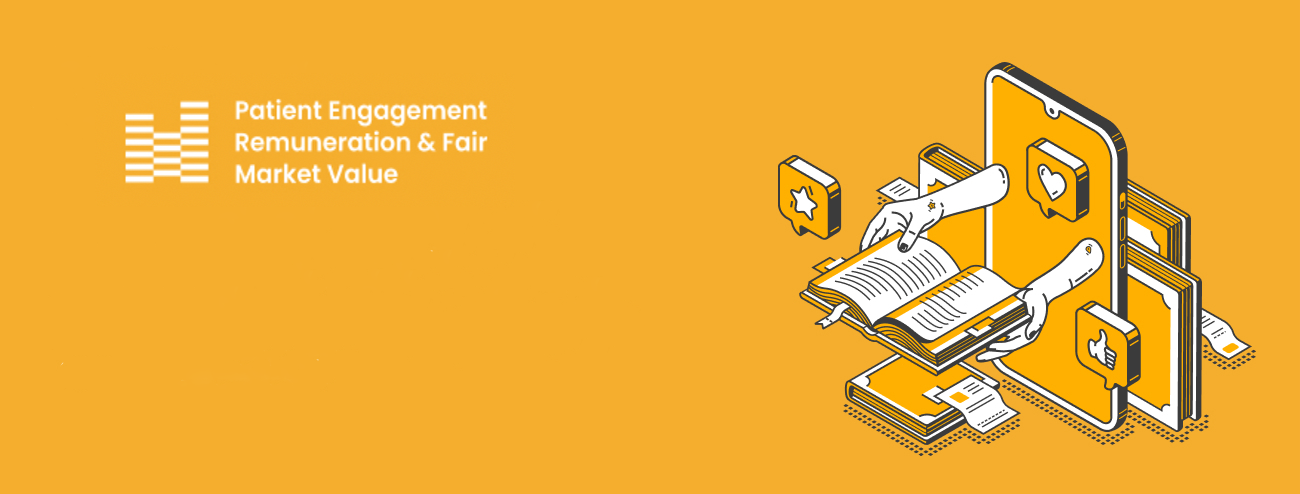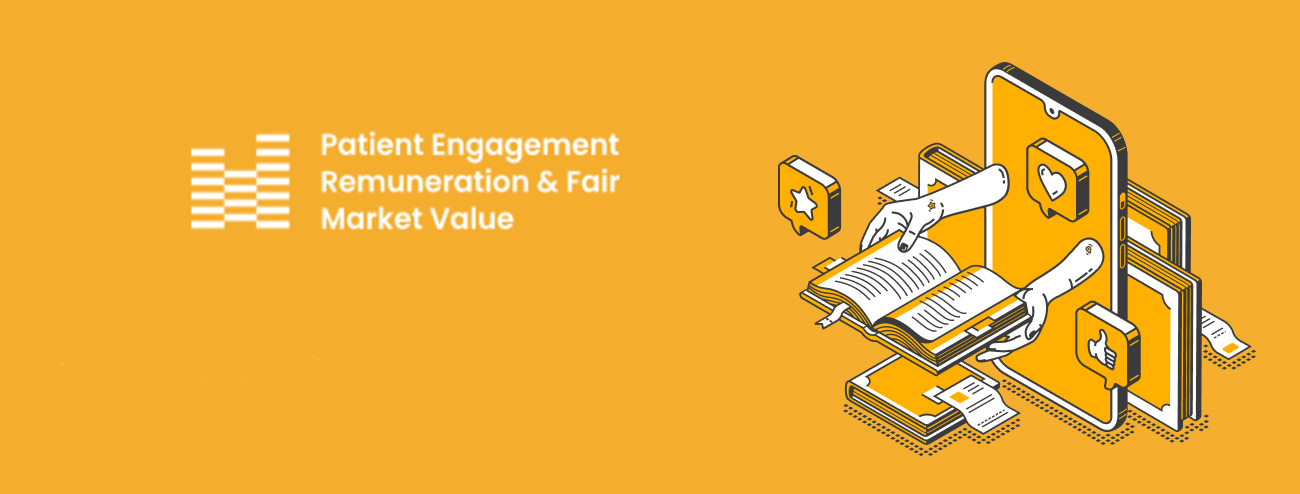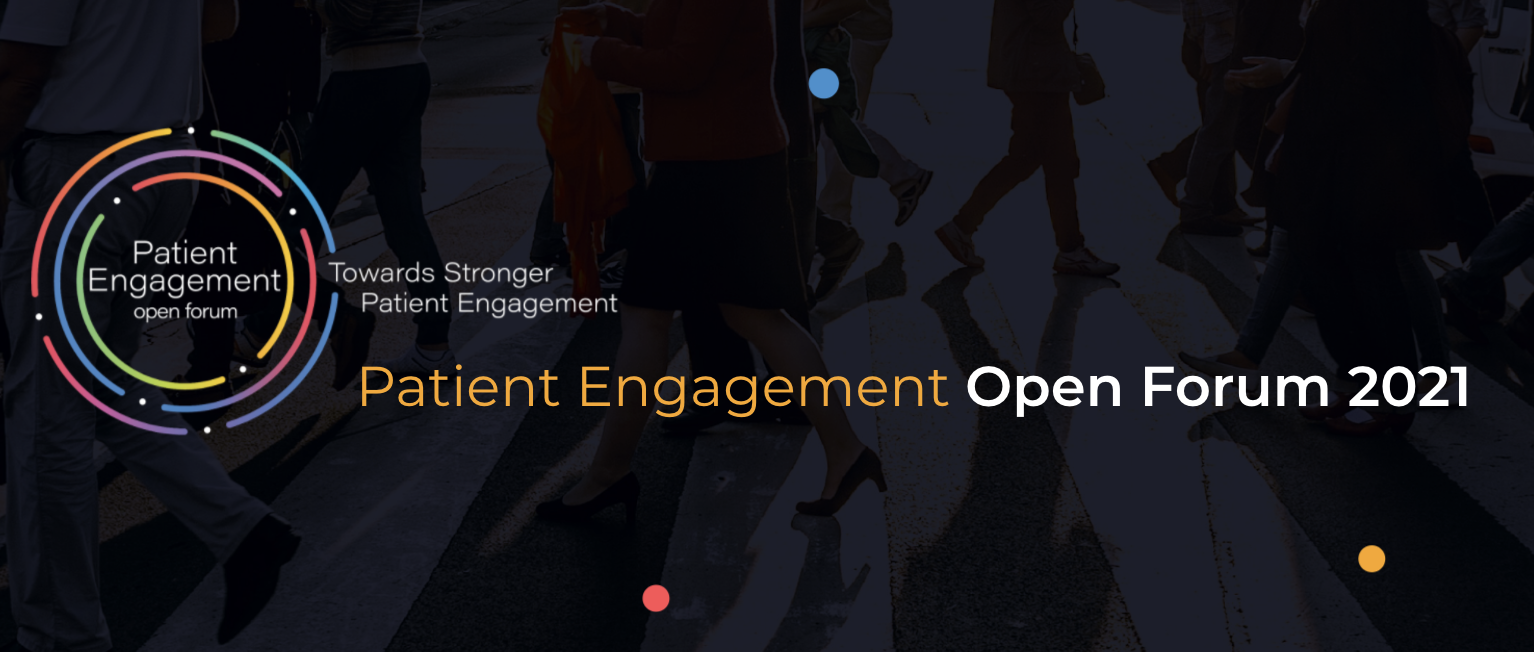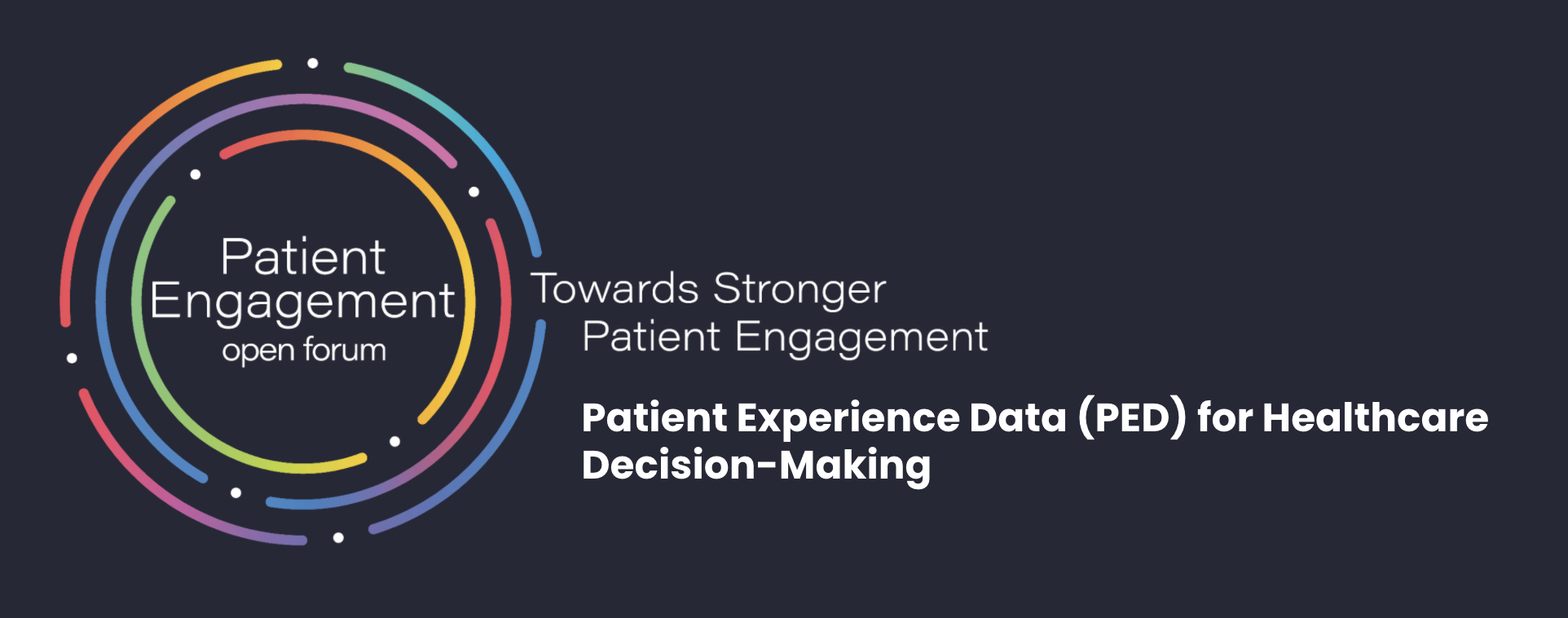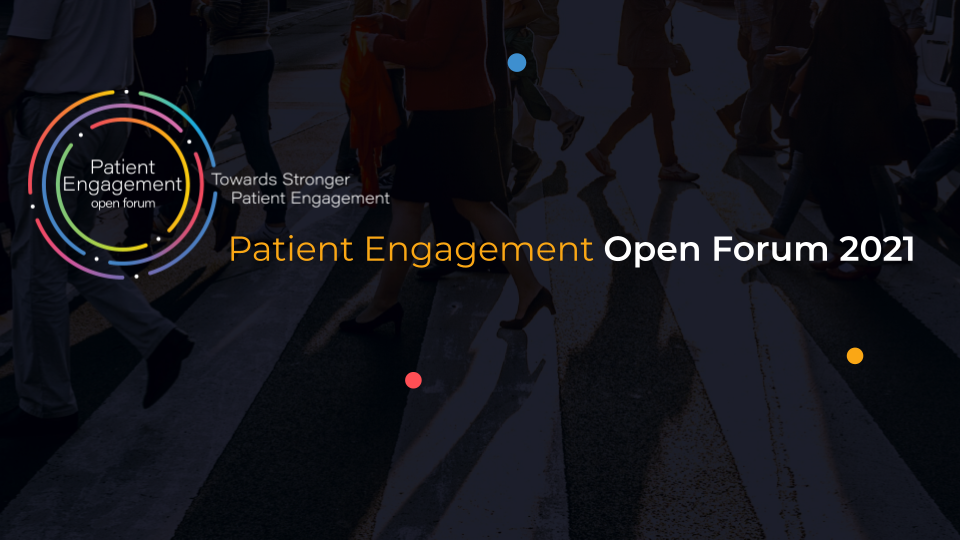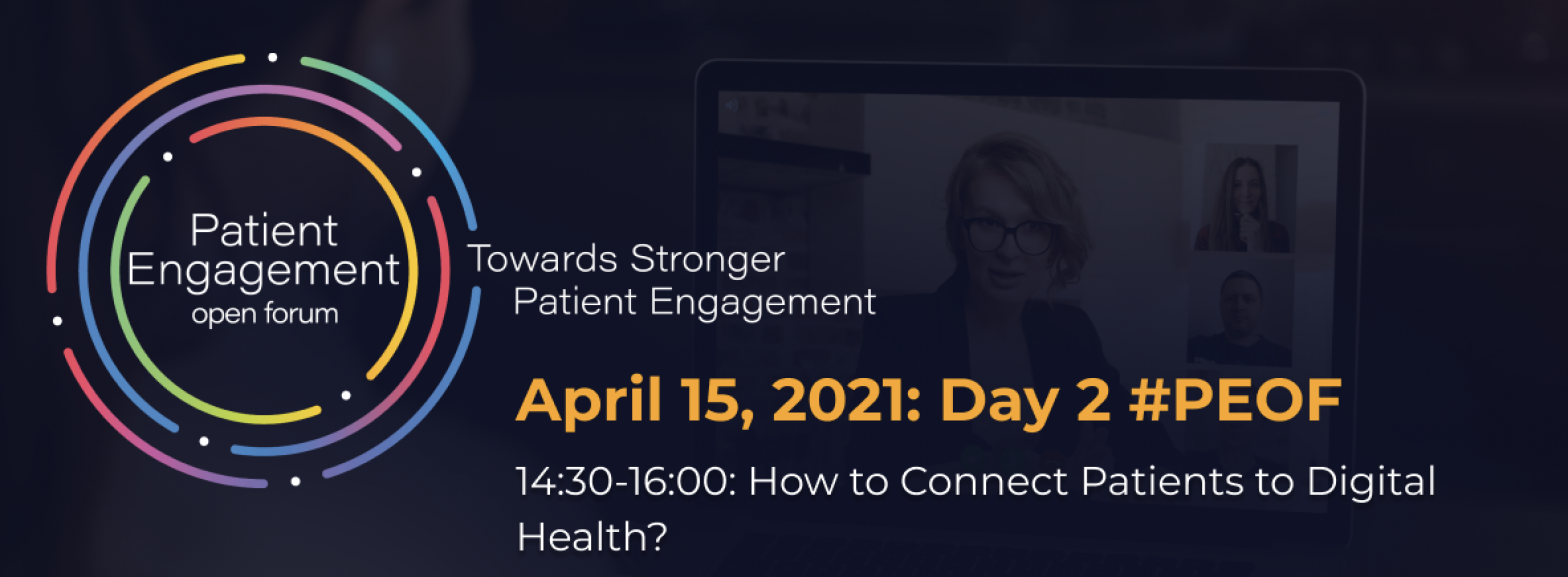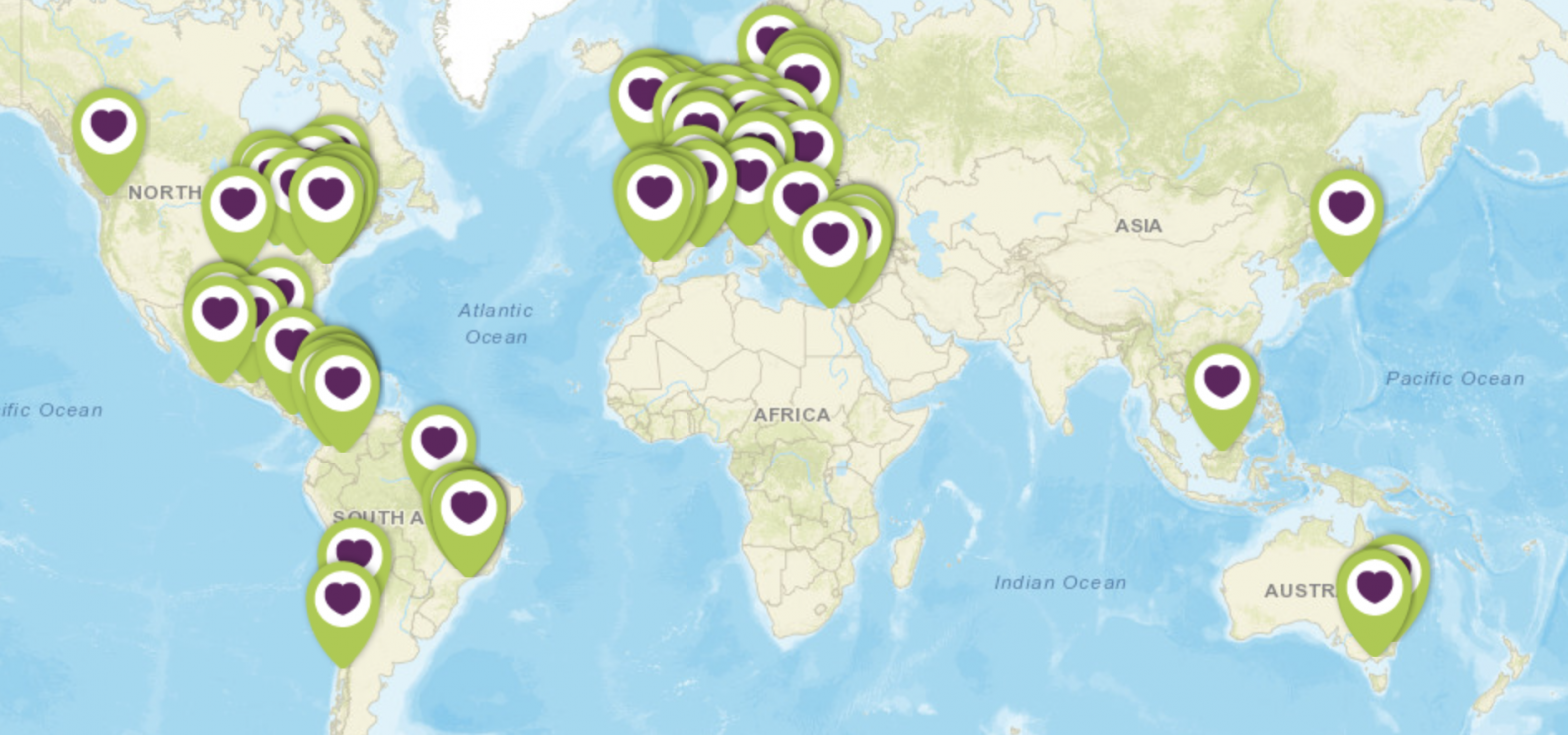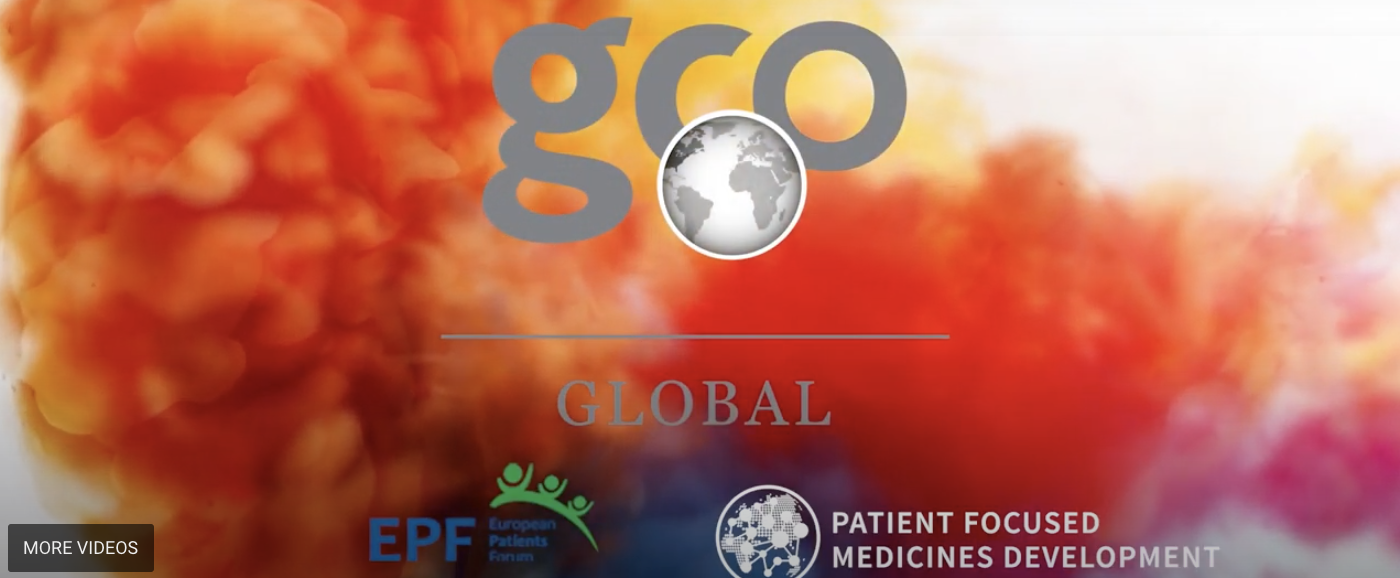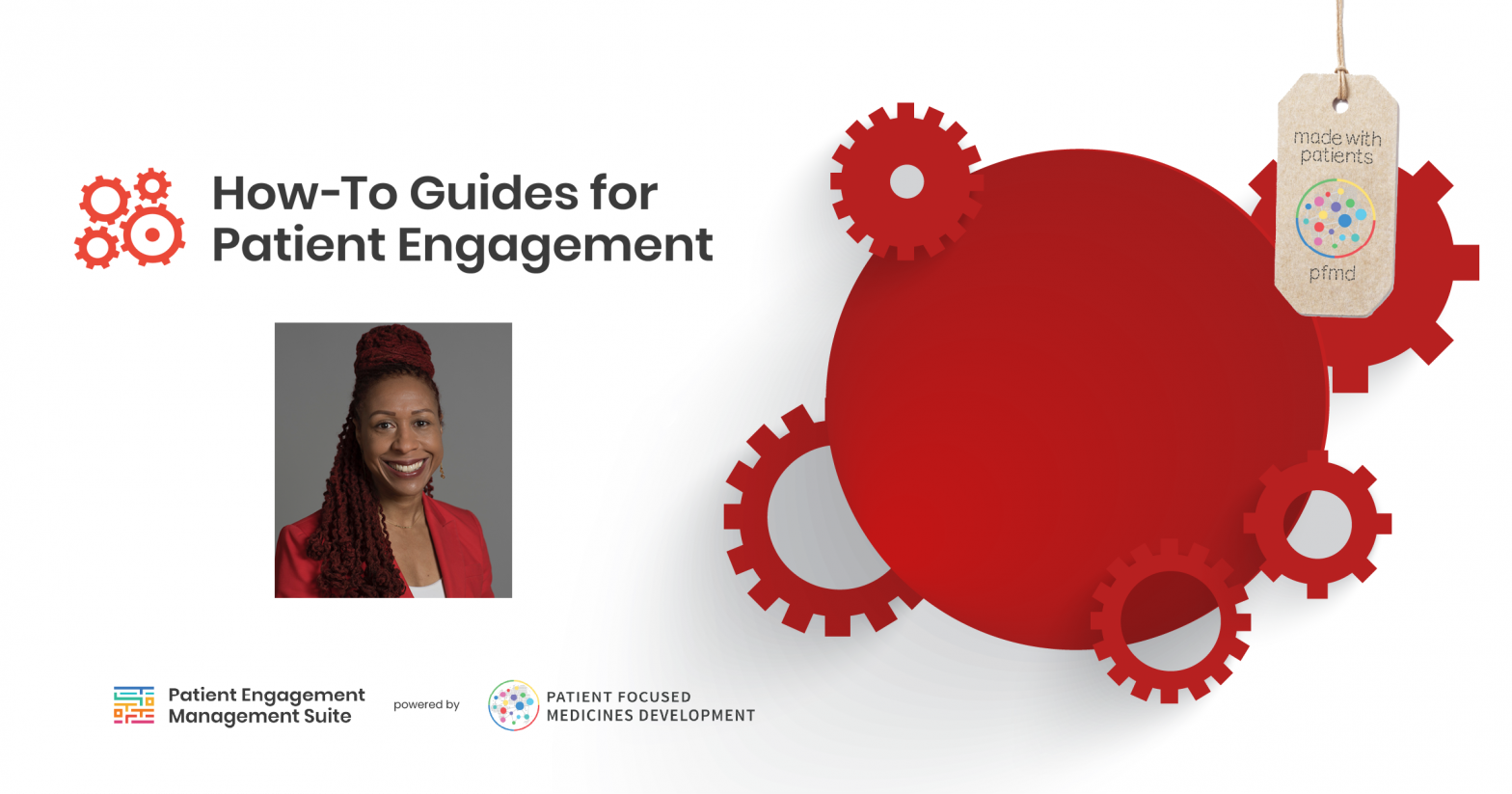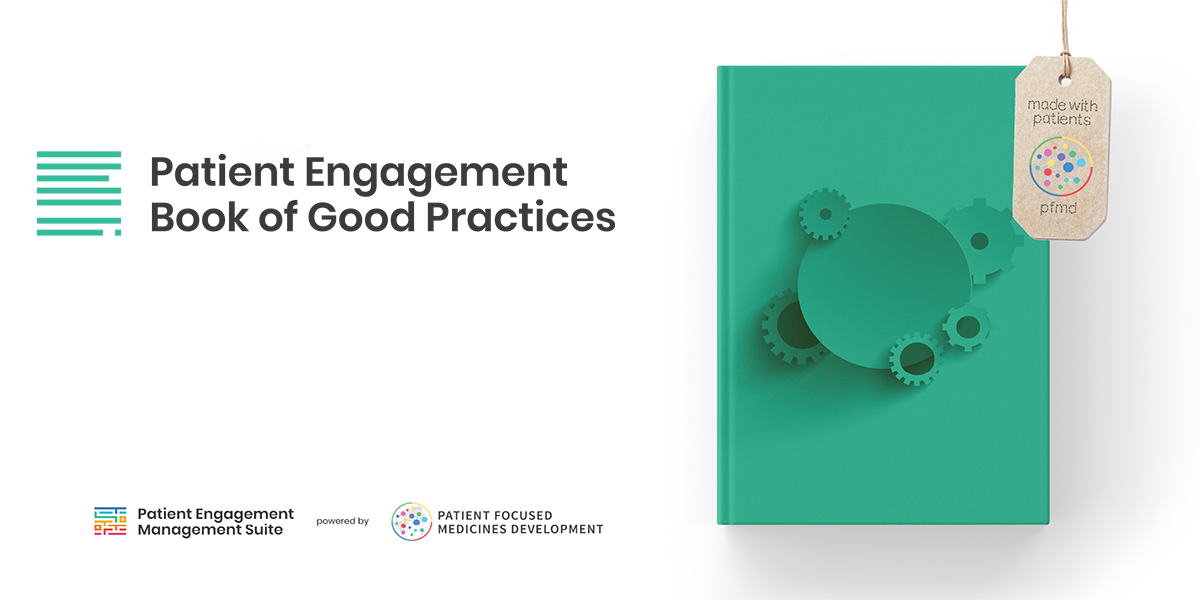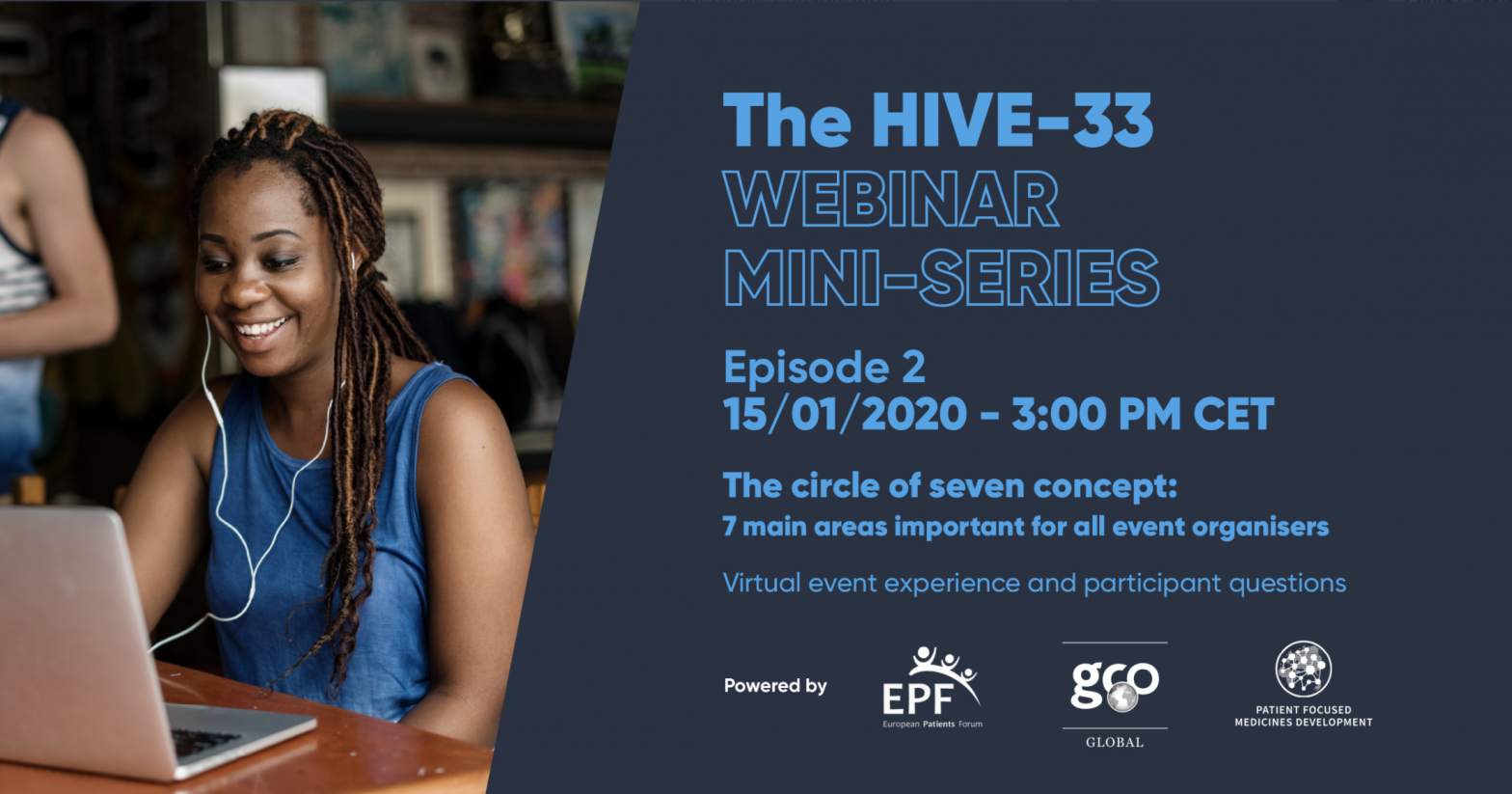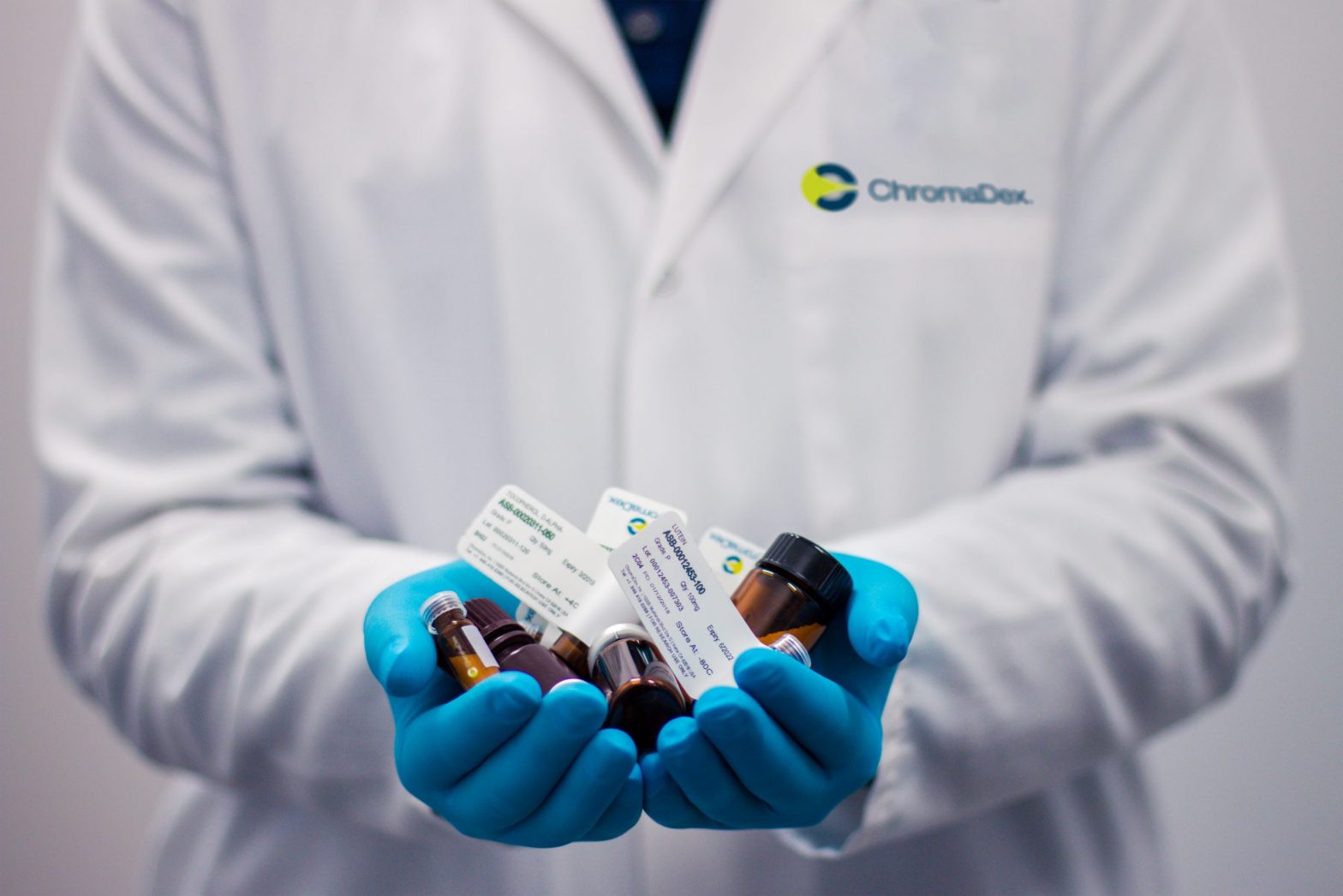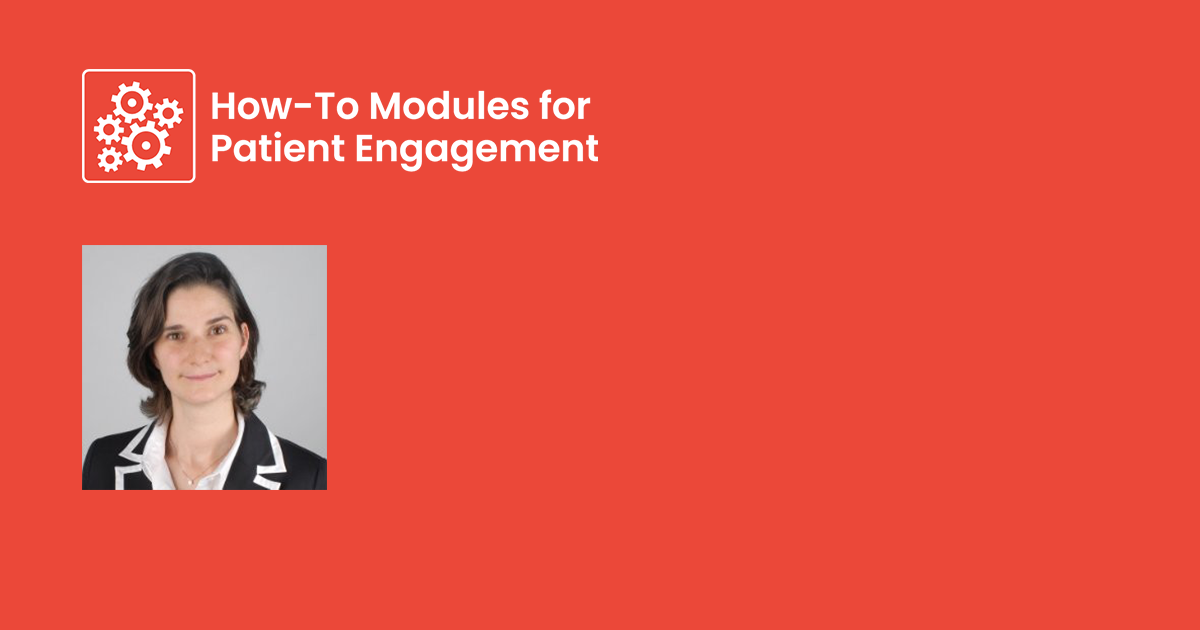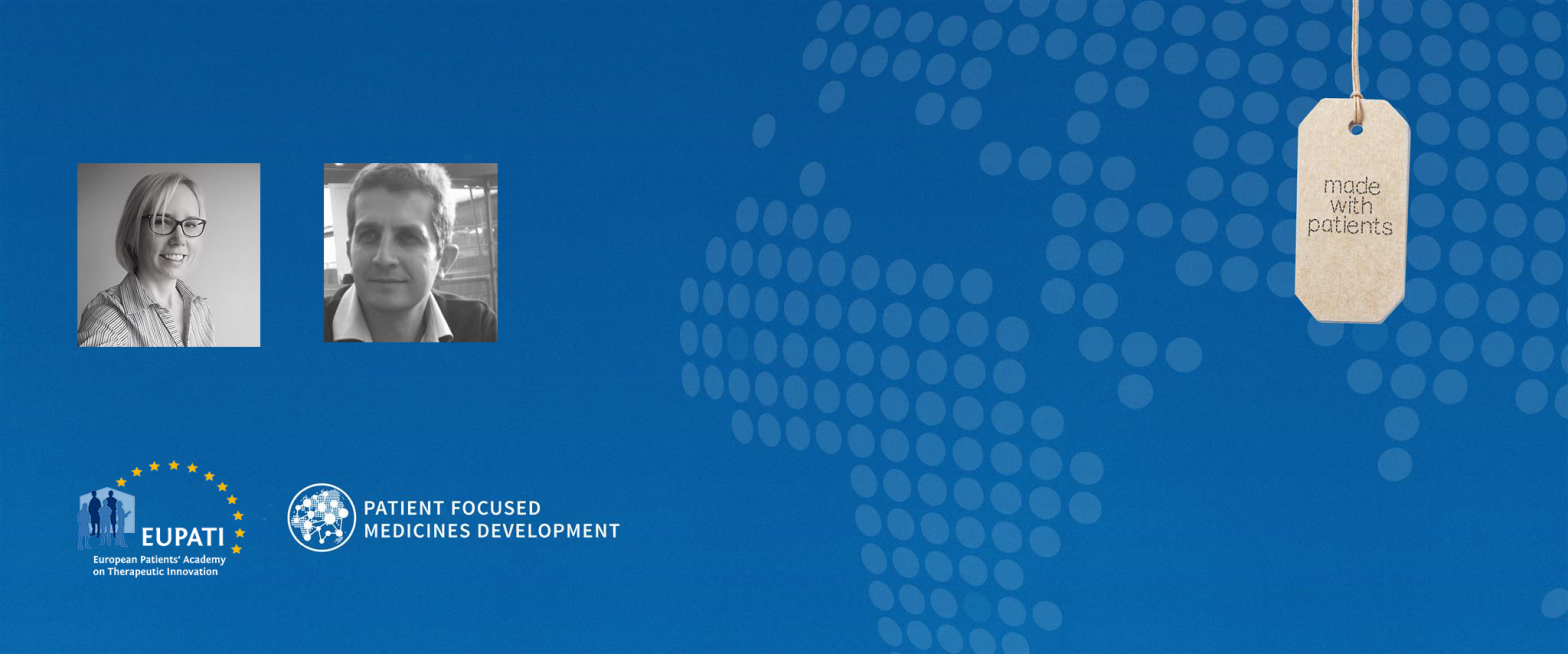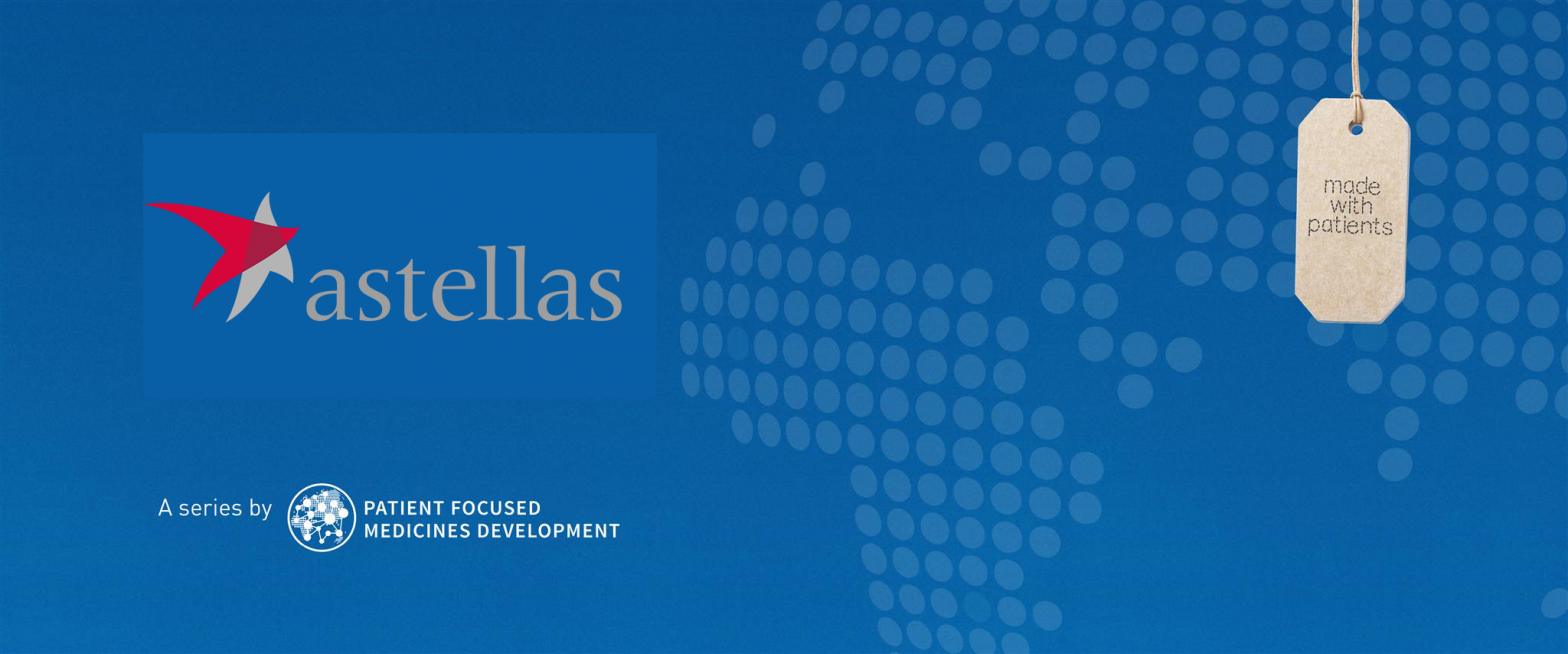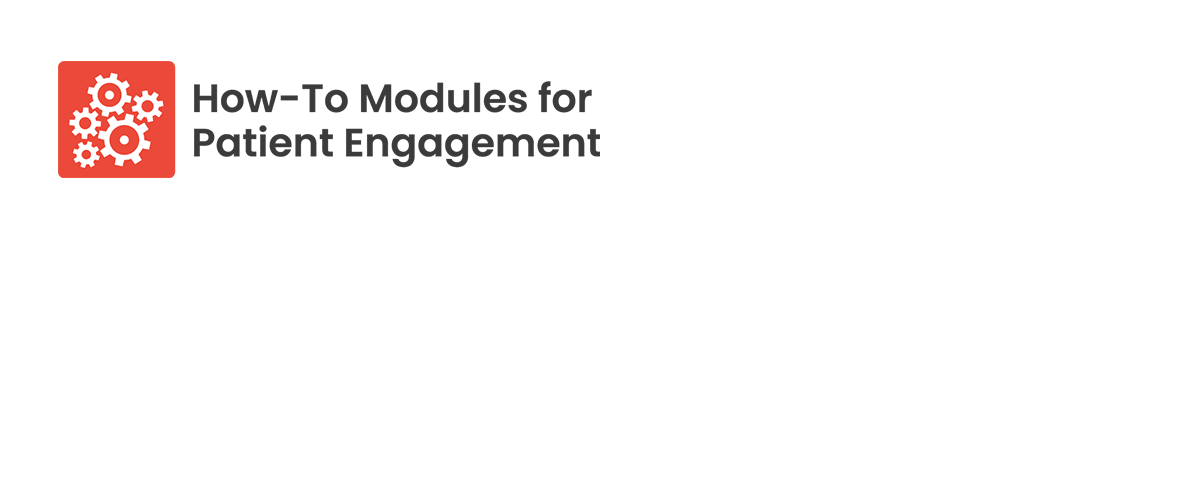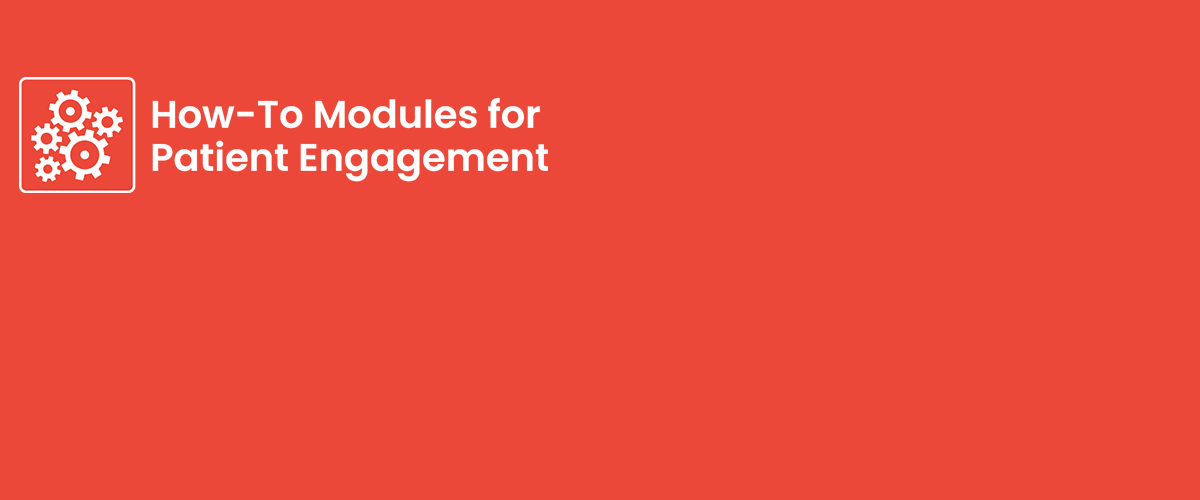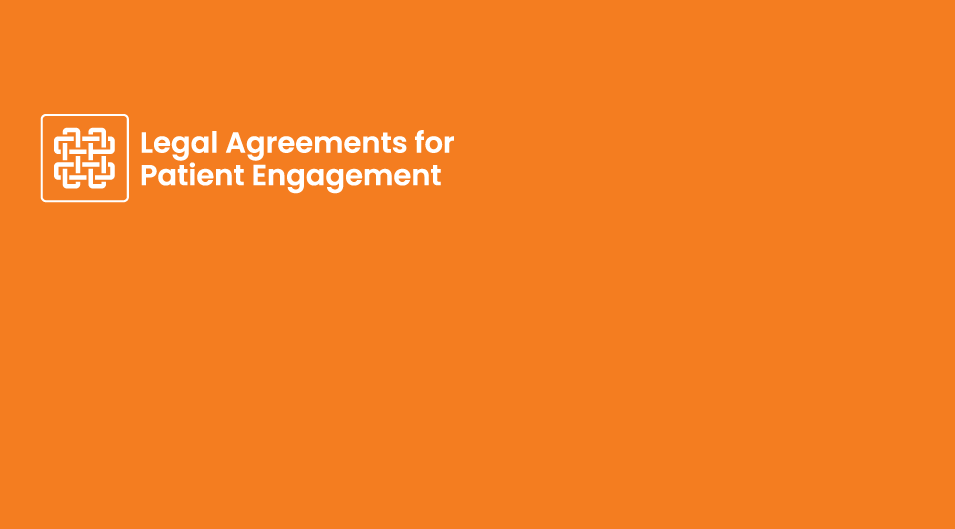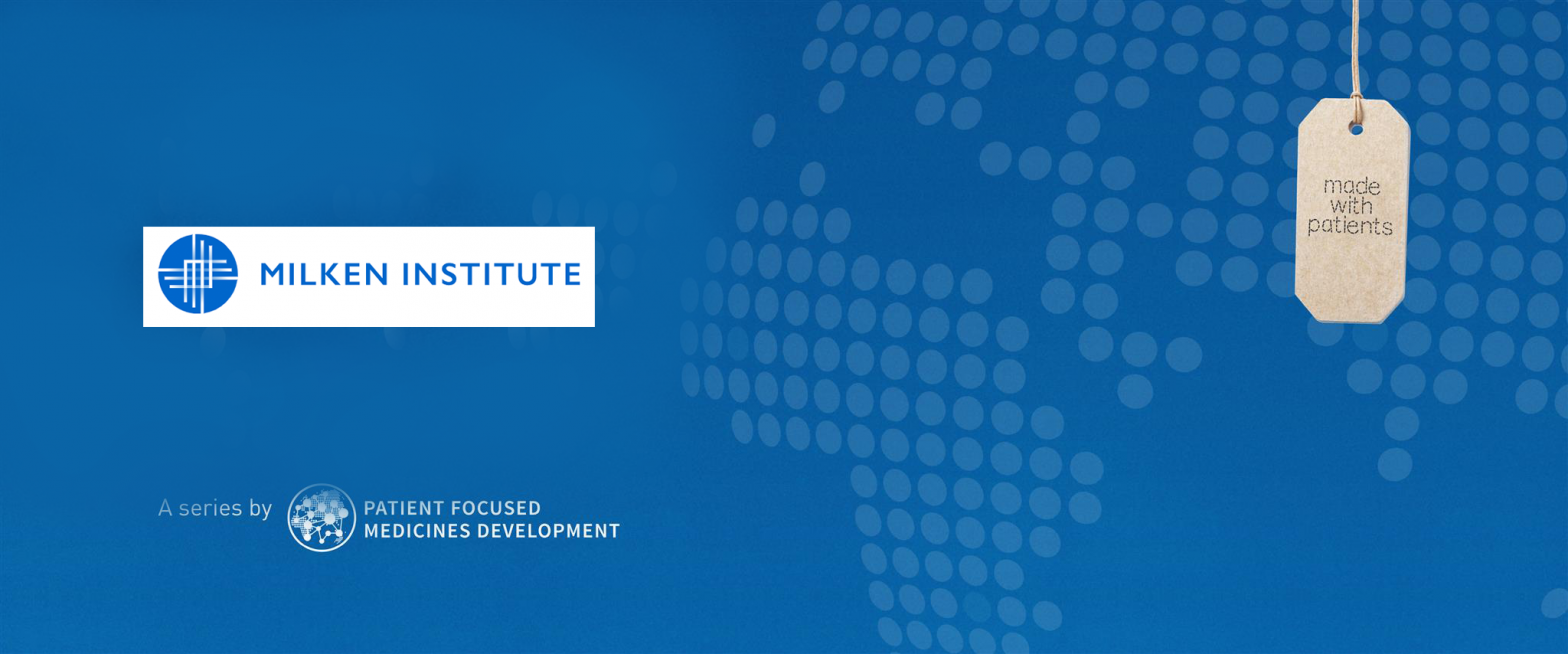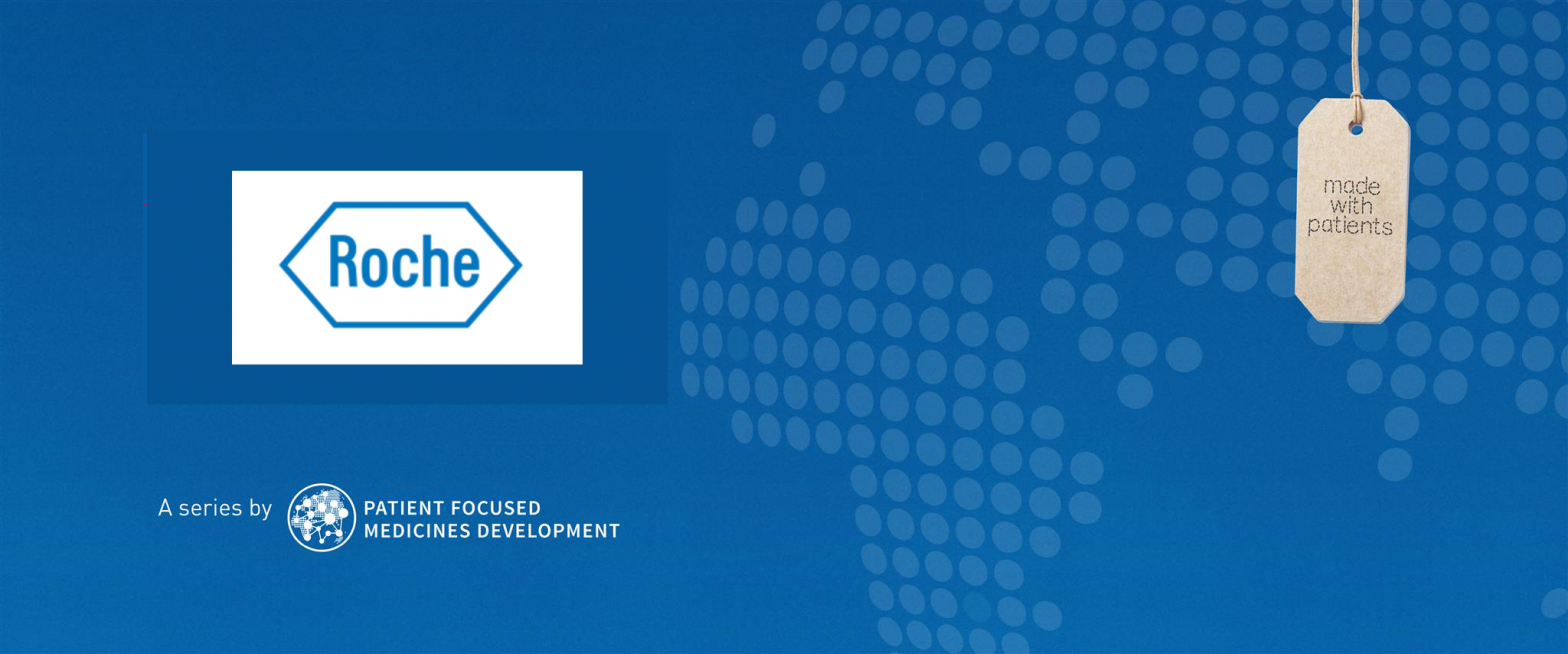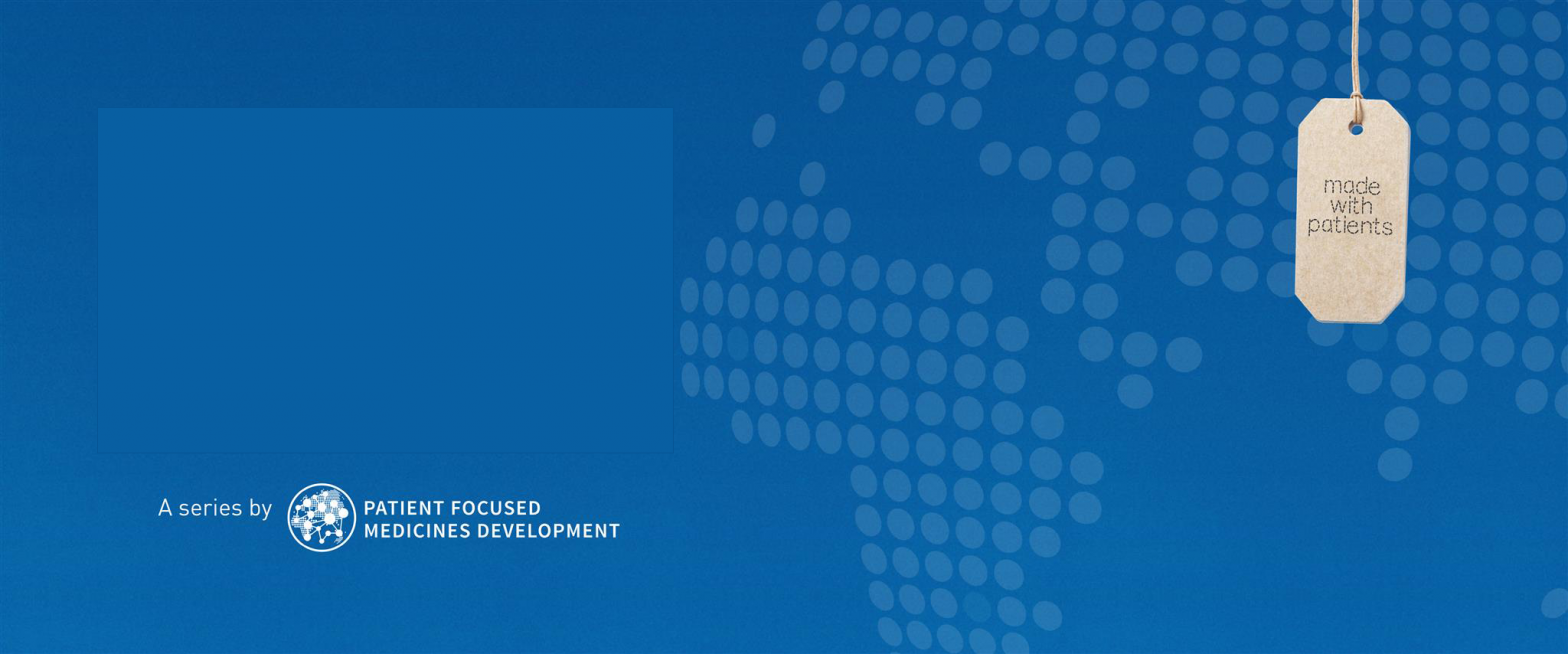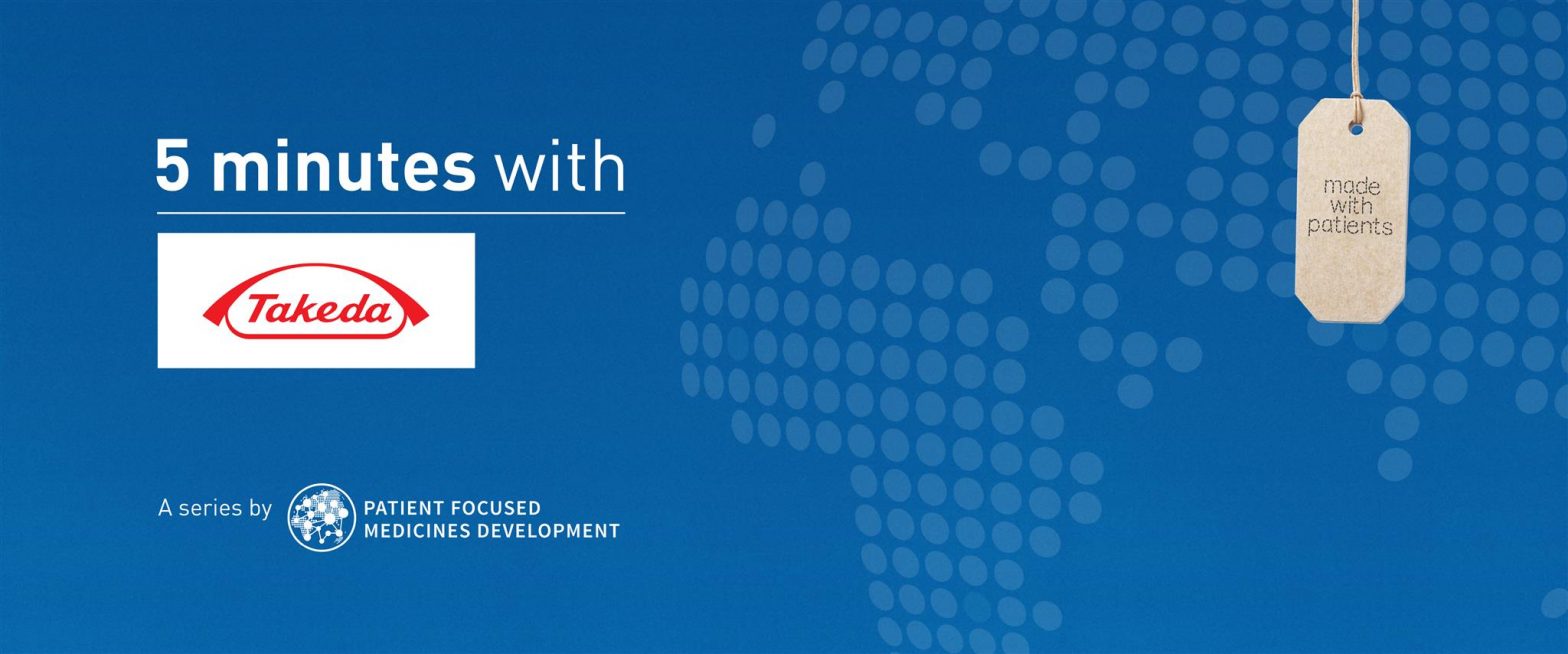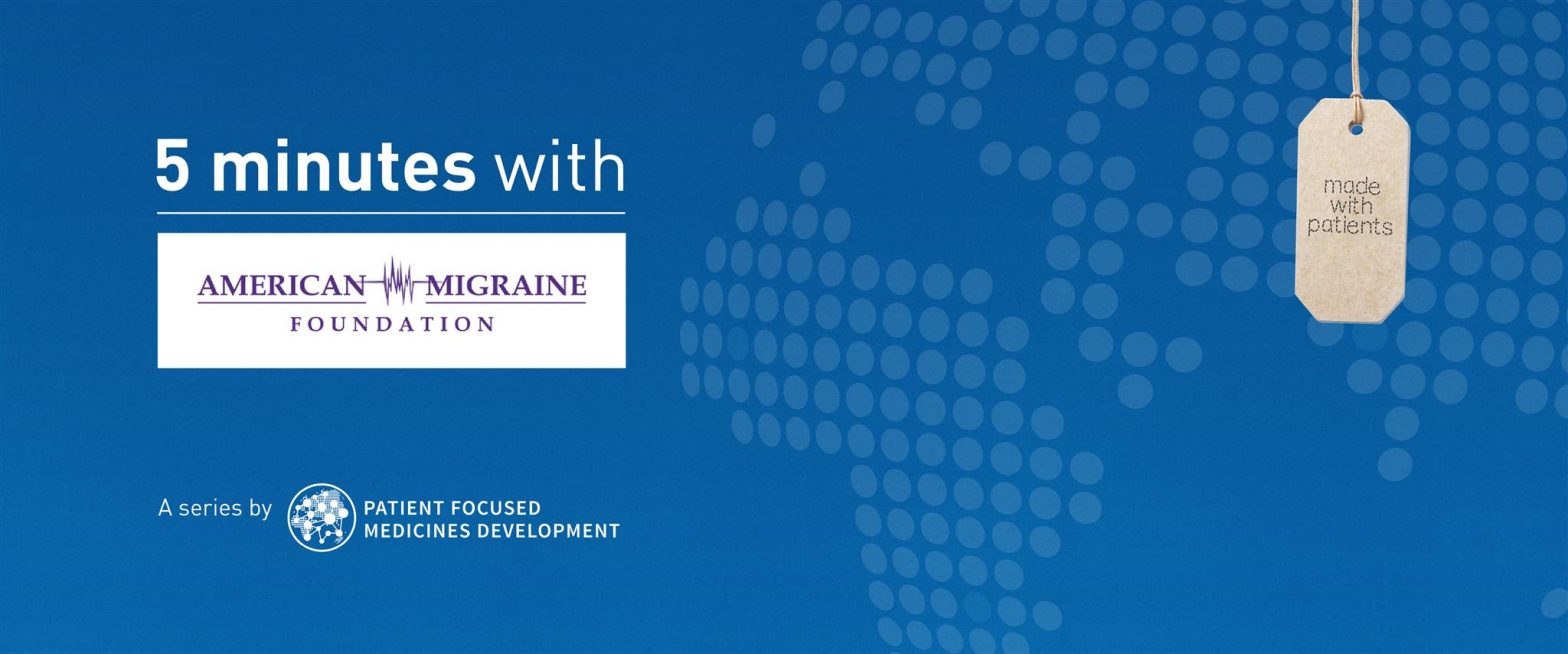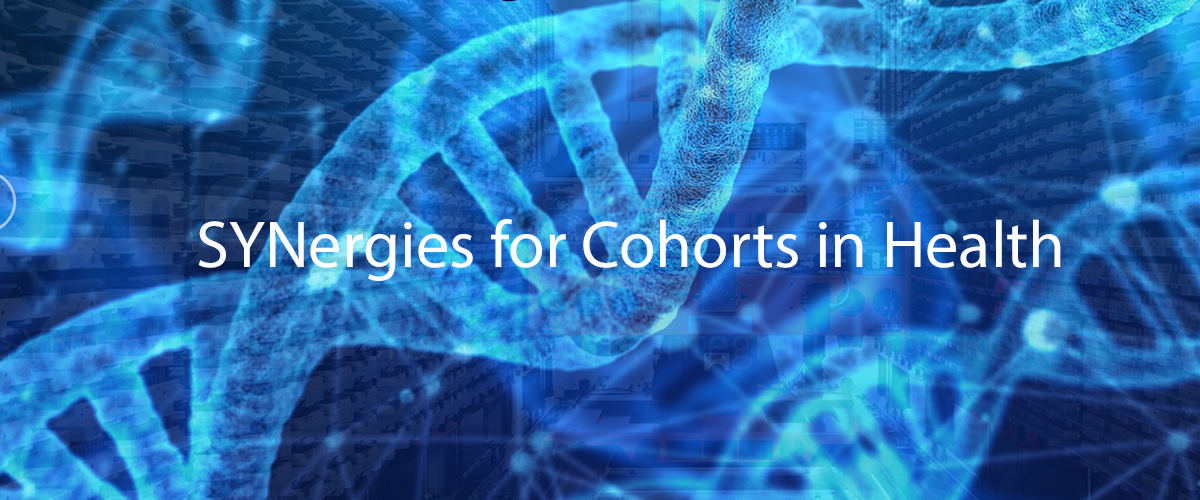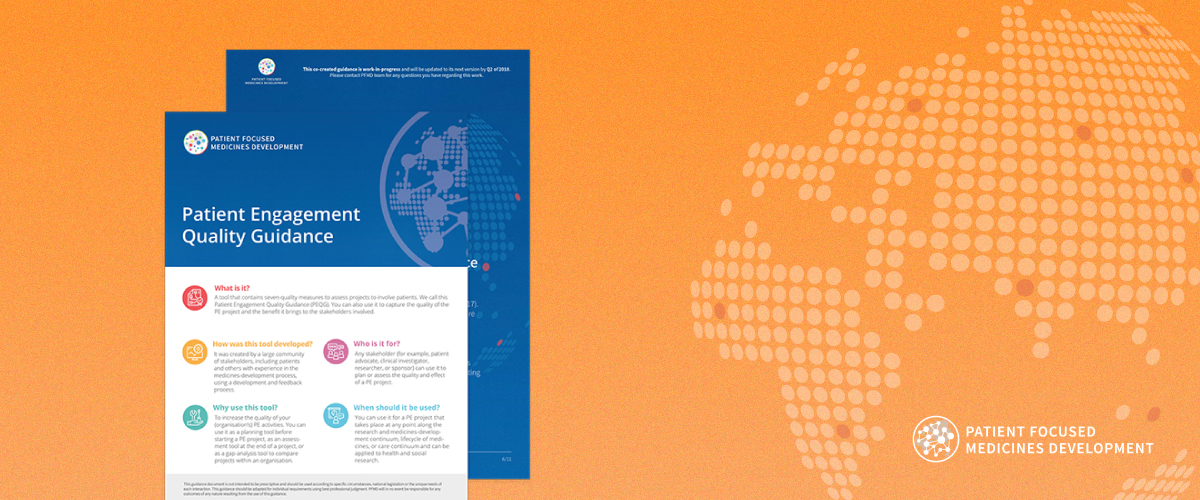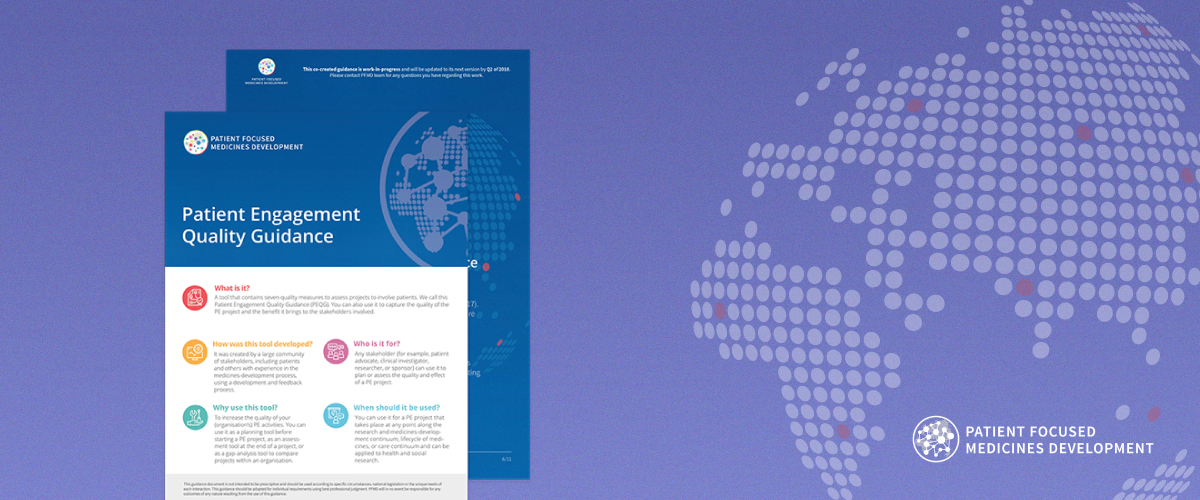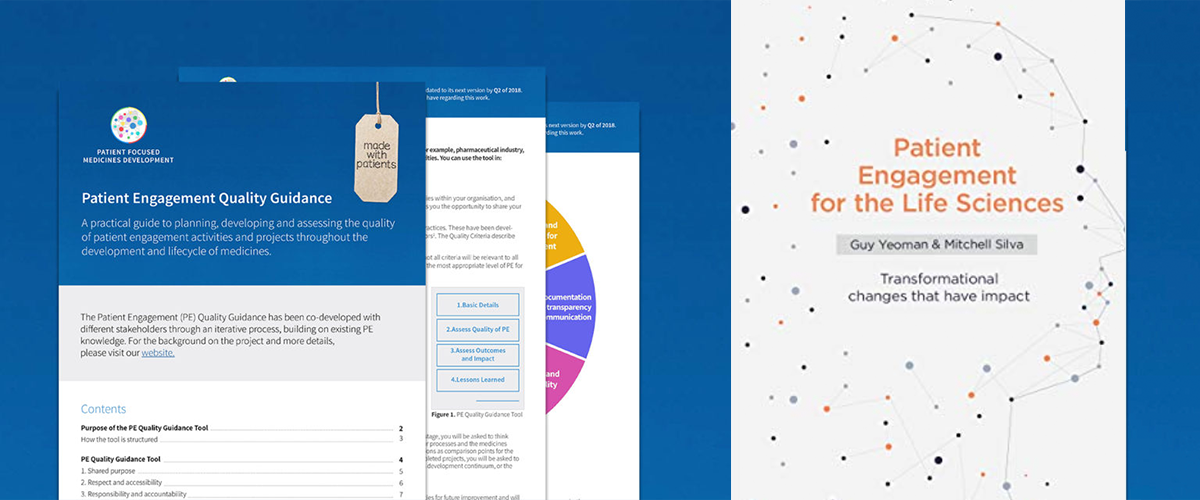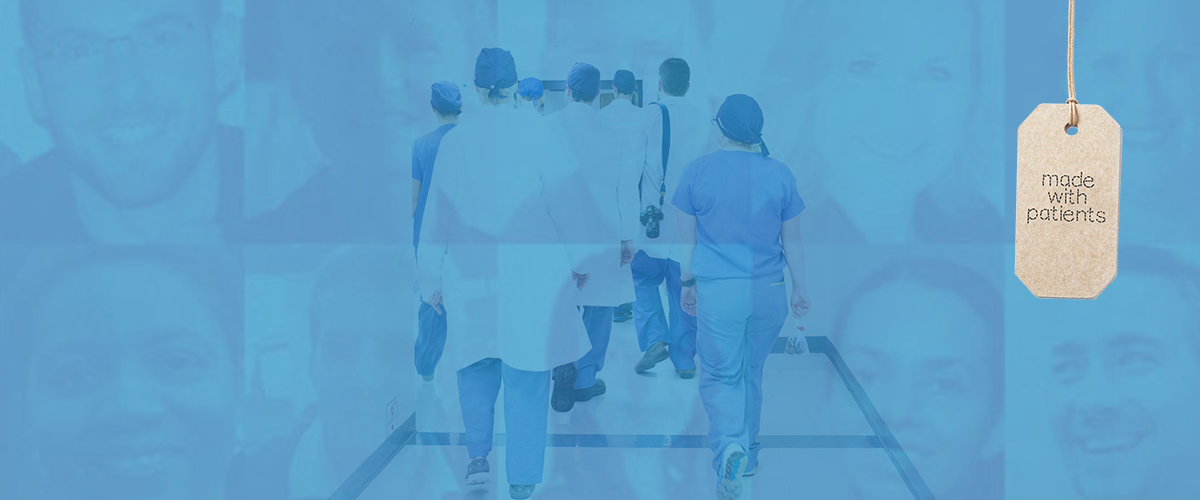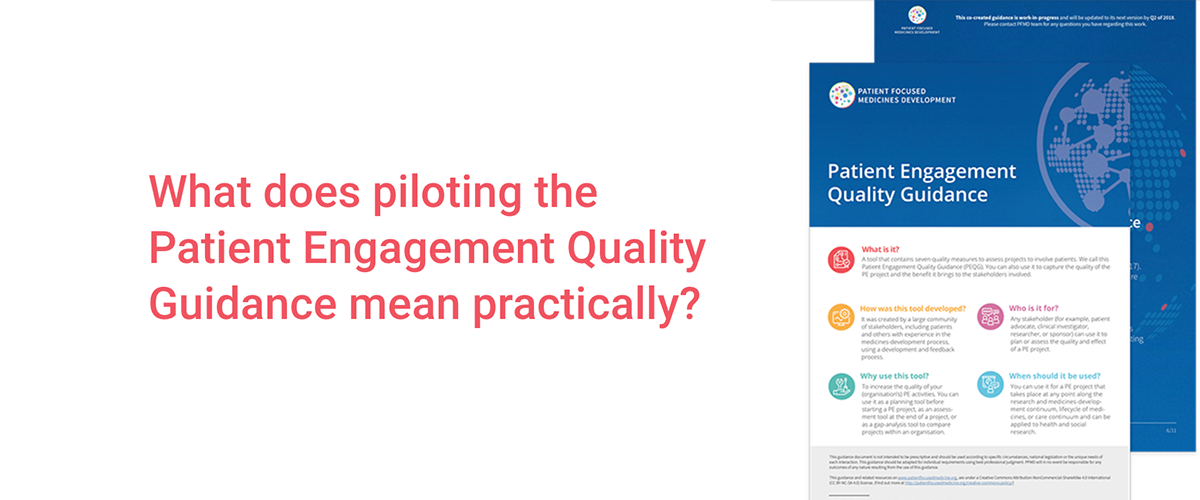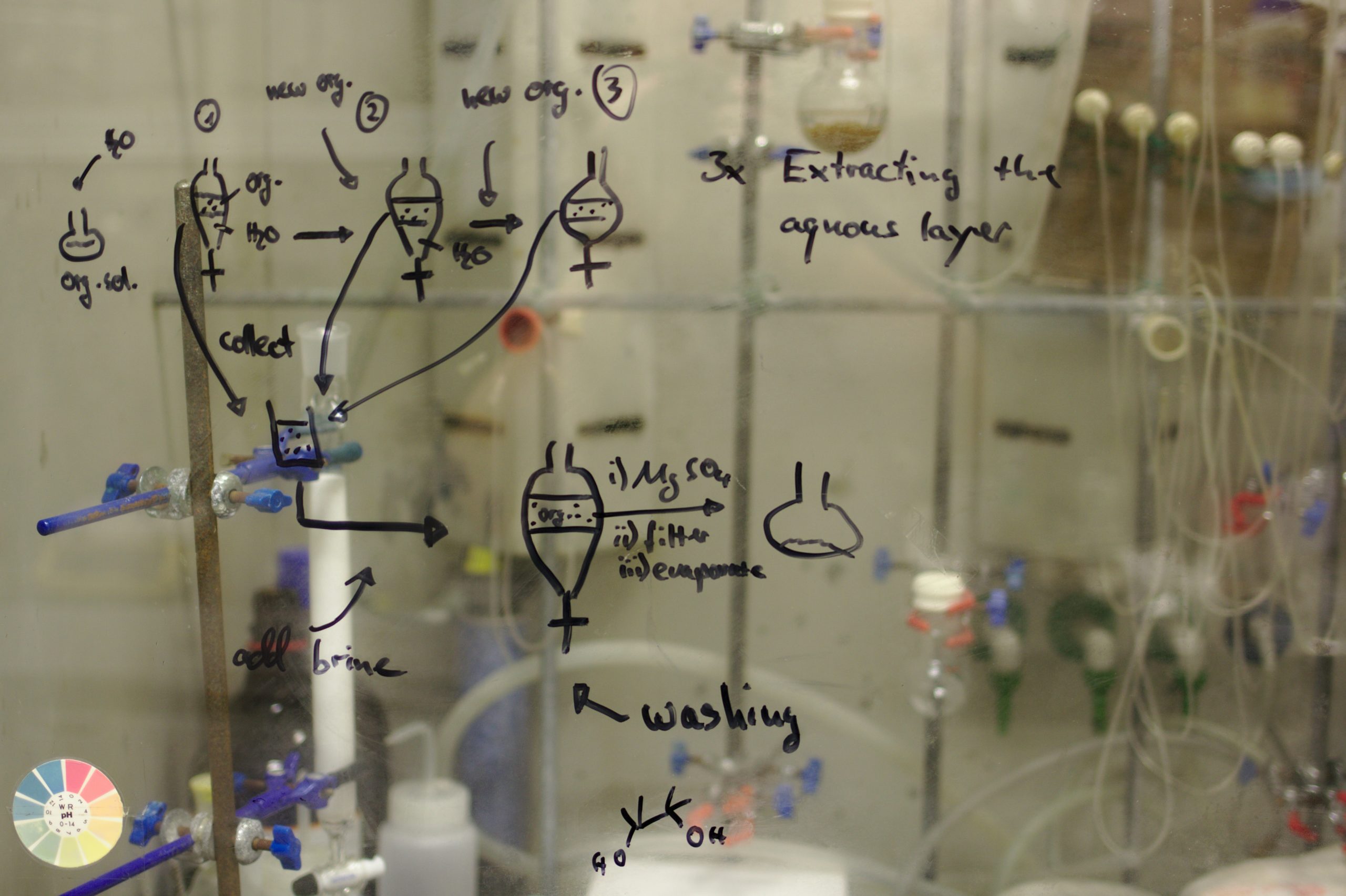The US Food and Drug Administration recently issued an update to their implementation plan, titled “Benefit-Risk Assessment in Drug Regulatory Decision-Making.”
The document, which provides an overview of the steps the FDA has taken since 2013 to enhance benefit-risk assessment in human drug review, illustrates the implementation of the FDA’s Benefit-Risk Framework into its drug regulatory review processes and documentation.
Benefit-risk assessment is the foundation for FDA’s regulatory review of human drugs and biologics, and the goal of the FDA’s Benefit-Risk Framework is to improve the clarity and consistency in communicating the reasoning behind drug regulatory decisions, and ensure that the FDA reviewers’ detailed assessments can be readily understood in the broader context of patient care and public health.
The new update contains explicit statements on the FDA’s commitment to incorporating the patient voice into their decision-making process. Through the Patient-Focused Drug Development (PFDD) initiative, the FDA has conducted 24 meetings with patient groups across a wide range of disease areas since 2013.
According to the update: “The FDA recognizes the need to engage the wider stakeholder community and provide guidance on approaches to bridge from these PFDD meetings to more systematic, methodologically-sound approaches to collect patient input so that it becomes data that can further inform regulatory decision making.”
The update is also accompanied by a statement from FDA Commissioner Dr Scott Gottlieb on the FDA’s efforts to enhance the patient perspective and experience in drug development and review.He notes that patient perception of the benefits and risks of different treatment options can vary “based on the stage of the disease, the age of onset, alternative therapies available to treat the disease (if any) and whether a novel therapy improves a patient’s ability to function normally, slows the rate of disease progression or impacts other aspects of a patient’s quality of life”.
“We will continue working in close partnership with patients to incorporate their experience into our benefit-risk assessments. We know that first-hand knowledge of living with a serious illness – communicated in science-based terms that patients value and understand – is integral to facilitating the successful development of safe and effective products that can deliver meaningful benefits in each disease, or disease state,” said Dr Gottlieb.
He added that the FDA recognizes a need to learn about the clinical context more comprehensively and directly from the perspective of the patients who live with the disease and their caregivers.
“After conducting patient-focused drug development meetings in over 20 disease areas, the FDA concluded that patient input can: 1) inform the clinical context and provide insights to frame the assessment of benefits and risk; and 2) provide a direct source of evidence regarding the benefits and risks, if methodologically-sound data collection tools could be developed and used within clinical studies of an investigational therapy.”
The FDA says it is now developing guidance to enable more widespread development of such patient experience data to inform regulatory decision-making
PFMD took time time to respond to the FDA update on its Benefit Risk Framework. We believe the document offers clarity, is comprehensive and provides tactical guidance on the practical approaches and methods to collect, analyse, report and utilise robust and meaningful input from patients and caregivers.
We also believe, however, that the qualitative aspects of engaging with patients to collect comprehensive and representative patient input require additional attention and that the guidance document would benefit from inclusion of these aspects. Thus we have proposed that the FDA documents be enhanced by addition of complementary guidance on the qualitative perspective of engaging with patients.



